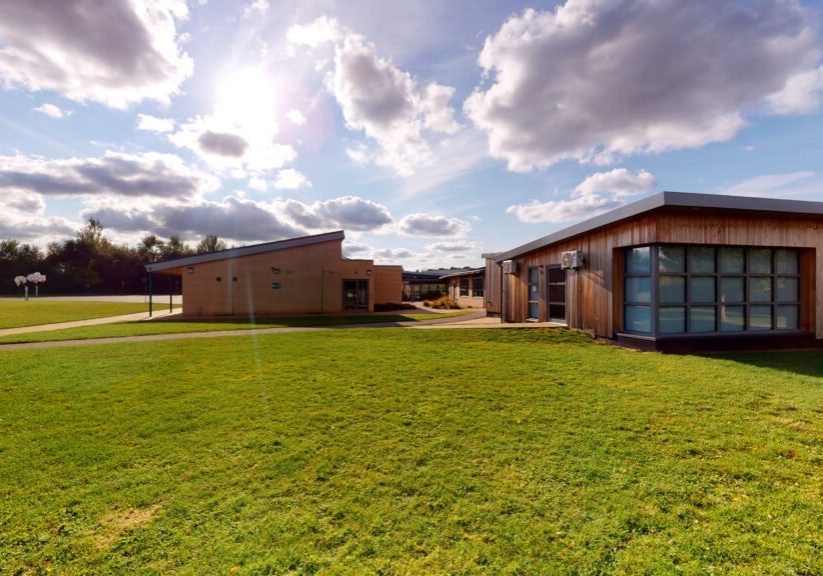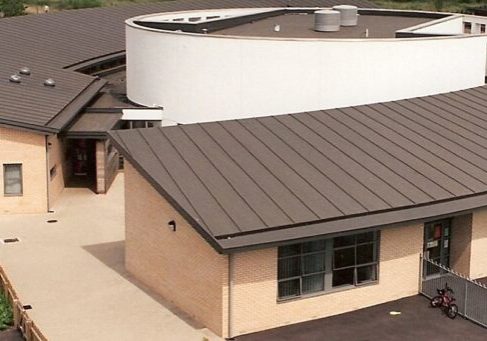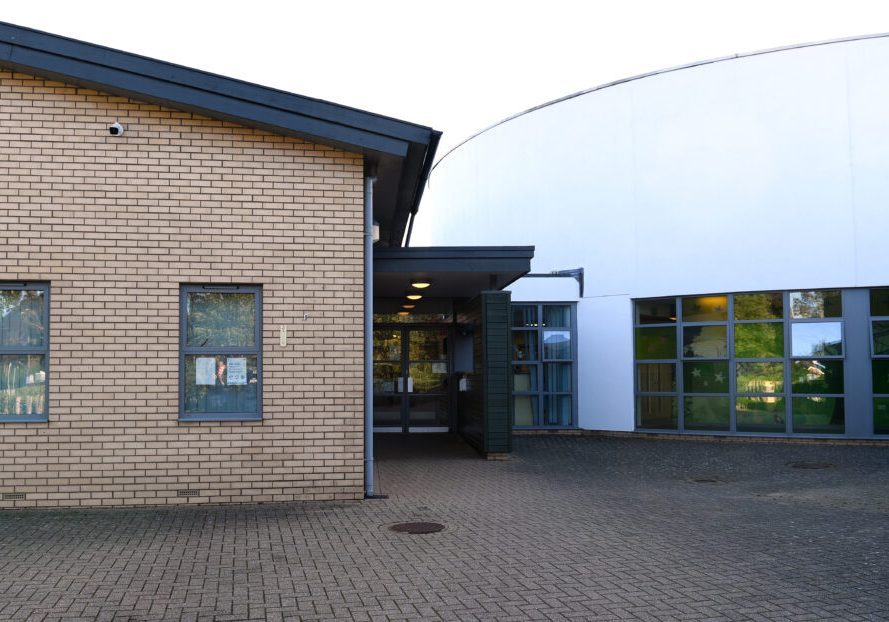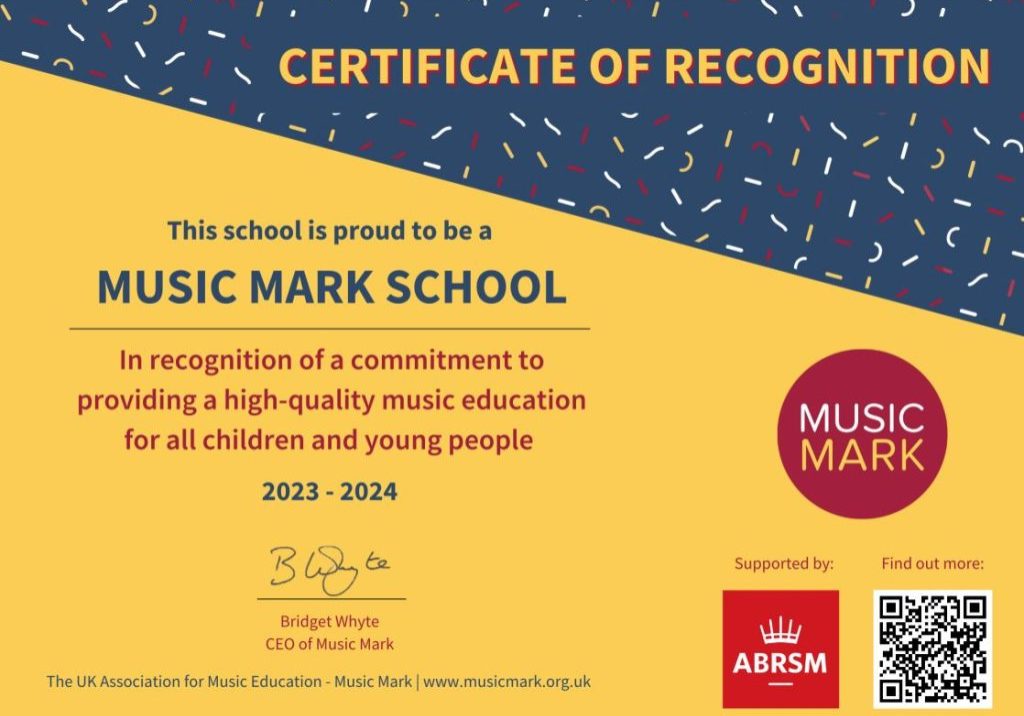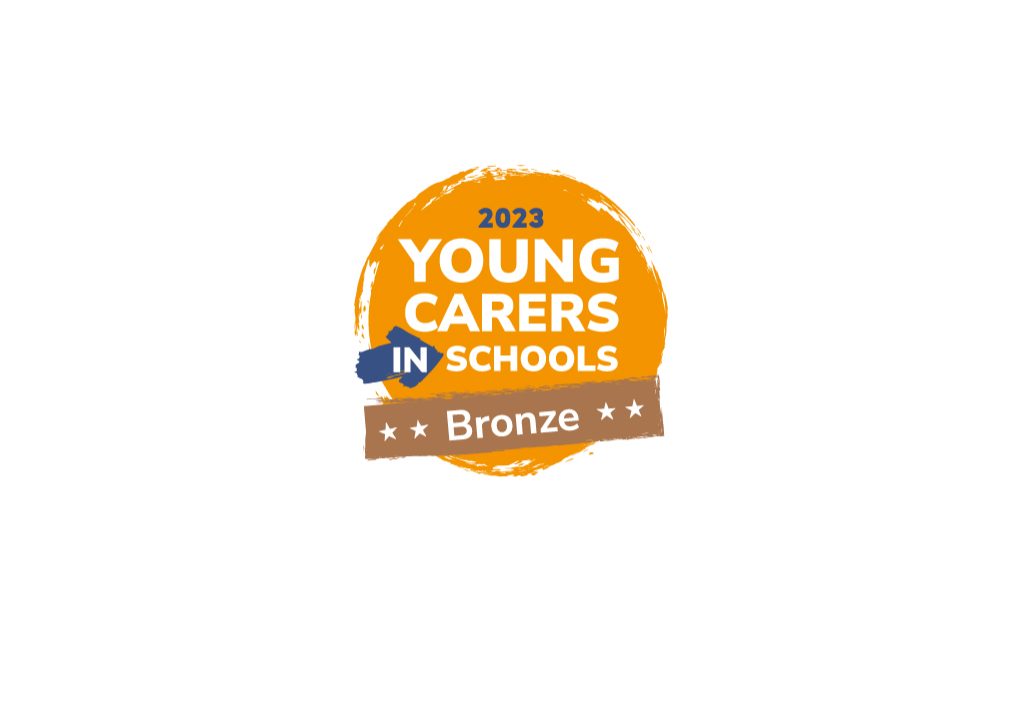Behaviour
Ready, Respectful, Safe
Middleton School is committed to creating an environment where exemplary behaviour is at the heart of productive learning. Everyone is expected to maintain the highest standards of personal conduct, to accept responsibility for their behaviour and encourage others to do the same.
Learners are encouraged to be ambitious for themselves and for others, as they are challenged and supported in questioning the world and finding solutions.
Learners need to be ready to learn, to be respectful of each other and to feel safe.
Middleton’s Behaviour Policy echoes the school’s core values with a heavy emphasis on respectful behaviour.
All staff, children, governors and parents recognise the right to learn in an orderly community. As part of the school’s commitment to this right, the behaviour policy has been reviewed and the school rules simplified to enable children to embrace them, whether they are four years or eleven years of age.
Middleton’s three key rules are:
“READY, RESPECTFUL & SAFE”
Staff discuss with pupils what the words mean, how they can use these words to help them in school and what their behaviour may look like when they are ready, respectful and safe. This is what they think:
We are READY to learn – we arrive at school on time, we have our equipment ready and we show that we are listening.
We are RESPECTFUL – we listen when others speak and we respect the property of our friends and the school.
We are SAFE – we move around school in a safe manner, we follow instructions to keep ourselves safe on school trips, we use equipment safely and we stay safe online.
The school holds weekly behaviour tea parties to celebrate outstanding behaviour. Children are nominated by their peers and their teachers to and invited to spend some time in the staff room and enjoying a little treat as a reward.
Anti-bullying
Middleton School defines bullying as all forms of physical aggression and verbal abuse.
Bullying is:
- Deliberately hurtful
- Sustained over a period of time
- Difficult for victims to defend themselves against
Bullying can be:
- Physical – hitting, kicking, taking belongings
- Verbal – name calling, insulting, making offensive remarks, homophobic comments, misogynistic comments or sexual comments
- Indirect – spreading stories, exclusion from social groups
Middleton School aims to promote a safe and secure environment for adults and children, where all can work and learn without anxiety.
Pupils should be encouraged not to suffer in silence. The school aims to create a culture in which pupils feel safe and supported if they tell. All incidents of bullying should be reported as soon as possible to a member of staff. Pupils should be encouraged to inform an adult if they think someone else is being bullied.
When bullying is reported the school will:
- Speak to all those involved to establish the facts
- Adopt a problem-solving approach
- Inform parents of victims and bullies
- Follow up repeatedly, checking that bullying has not resumed
- Ask for help from agencies such as the NSPCC or police if the problem is persistent or difficult to sort out
- Complete a ‘bullying incident record sheet’ and give to a member of the Senior Leadership Team
Bullying will be regularly addressed through assemblies and at circle time sessions in all classes.

